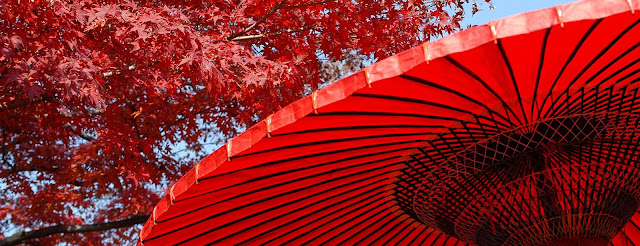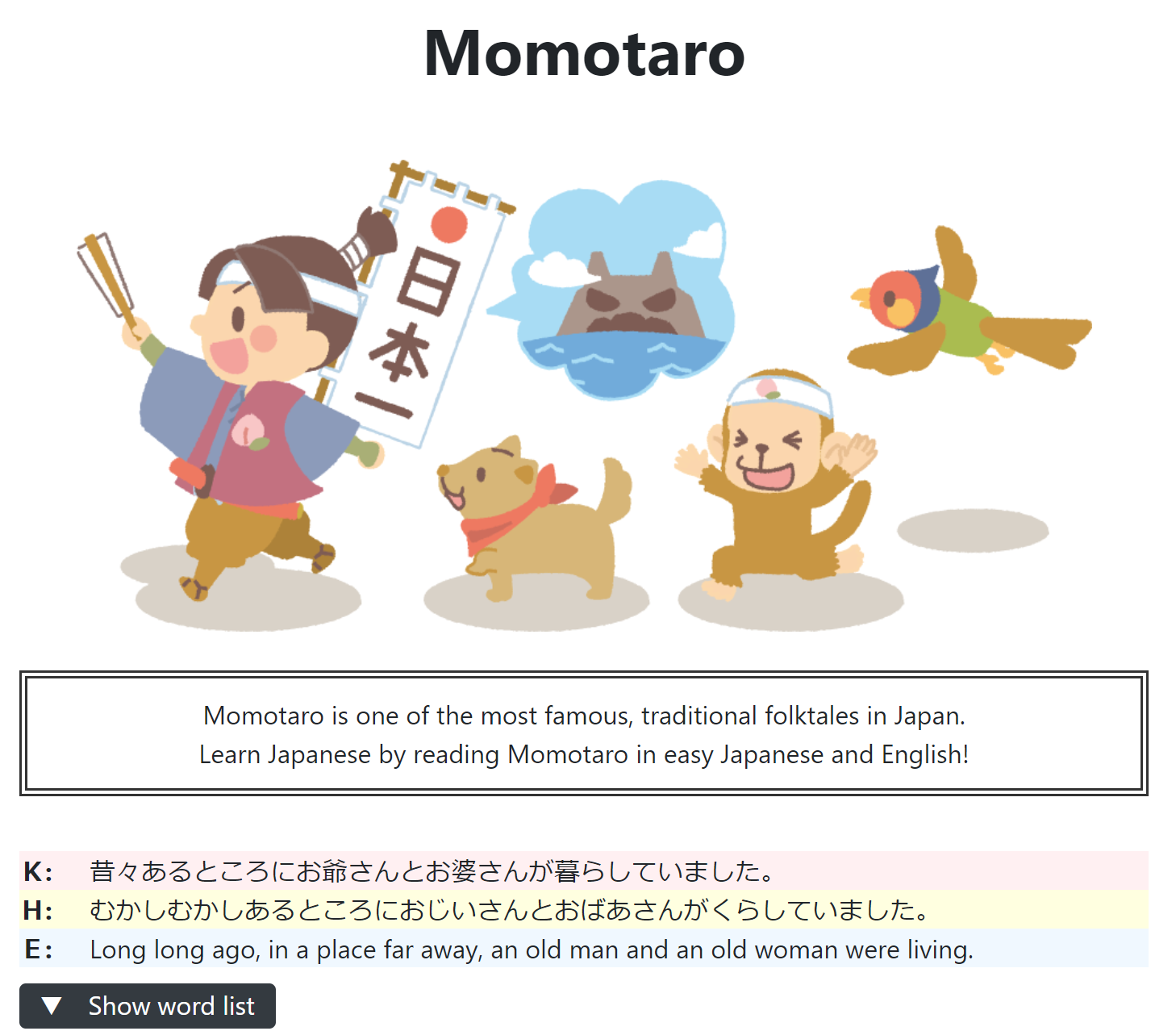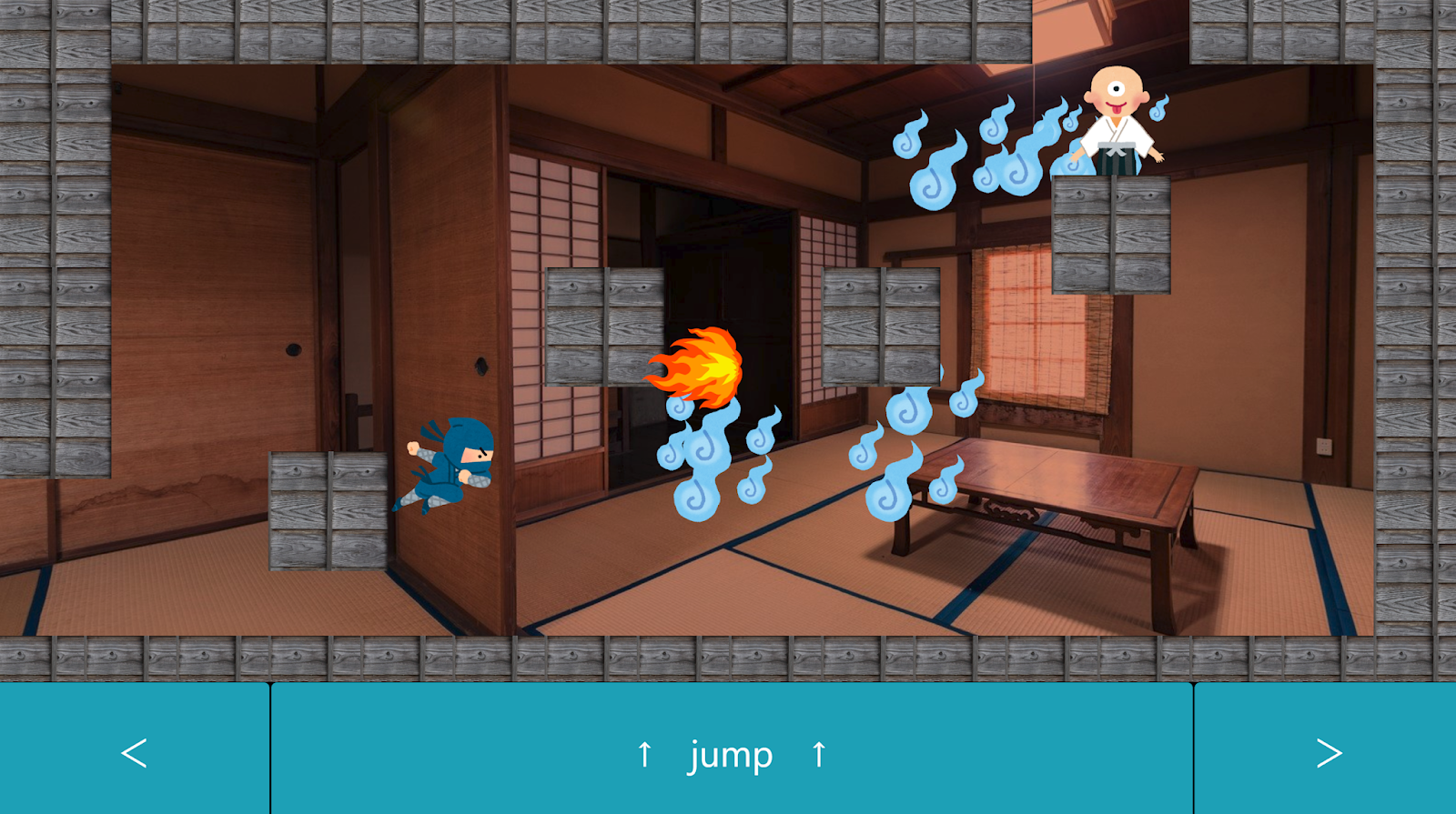Hello. I'm Kosuke!
Today, let's talk about Japlish or Wasei-eigo!
I recommend you to check the video below before reading this article!
Have you ever heard Japlish?
Japlish is called "wasei-eigo" in Japanese.
They are English words created in Japan.
Basically, they can be understood only by Japanese people.
However, Japanese people think they are authentic English words.
So when you go to Japan, they will use those words with you!
Let me prepare you by using this article!!!
Below is the index of this article!
Index:
1. What is Japlish/Wasei-eigo?
2. Wasei-eigo list
American dog
apart
arbeit
baby car
back mirror
ball pen
beach sandal
bed town
CA
campaign girl
camping car
catch ball
catch copy
cellophane tape
cheer girl
chou cream
chuck
cider
claim
coin laundry
concent
cooler
cunning
dan ball
decoration cake
demerit
depart
dryer
energisch
fight!
G-pan
gasoline stand
go sign
hamburg
high tension
hot cake
Hotchkiss
ice candy
jet coaster
key holder
klaxon
live house
low tension
magic tape
mansion
marron
merit
miss
morning call
mug cup
my boom
naive
NEET
net
nighter
note paso-con
OB/OG
OL
open car
order made
parka
pee man
PET bottle
potato
range
recycle shop
roentgen
rinse
salary man
sand bag
seal
service area
sharp pencil
side brake
sign
skinship
smart
stove
style
super
talent
televi game
toilet
trump
version up
Viking
vinyl
virgin road
Y shirts
Yankee
3. Conclusion
1. What is Japlish/Wasei-eigo?
2. Wasei-eigo list
American dog
apart
arbeit
baby car
back mirror
ball pen
beach sandal
bed town
CA
campaign girl
camping car
catch ball
catch copy
cellophane tape
cheer girl
chou cream
chuck
cider
claim
coin laundry
concent
cooler
cunning
dan ball
decoration cake
demerit
depart
dryer
energisch
fight!
G-pan
gasoline stand
go sign
hamburg
high tension
hot cake
Hotchkiss
ice candy
jet coaster
key holder
klaxon
live house
low tension
magic tape
mansion
marron
merit
miss
morning call
mug cup
my boom
naive
NEET
net
nighter
note paso-con
OB/OG
OL
open car
order made
parka
pee man
PET bottle
potato
range
recycle shop
roentgen
rinse
salary man
sand bag
seal
service area
sharp pencil
side brake
sign
skinship
smart
stove
style
super
talent
televi game
toilet
trump
version up
Viking
vinyl
virgin road
Y shirts
Yankee
3. Conclusion
Sometimes, foreign words are imported to make new Japanese words.
There are many loan-words in Japan, and they are written in Katakana.
You can understand the meaning of loan-words if the speaker's pronunciation is good.
However, loan-words are sometimes changed and become new words.
The new words made in Japan are called Japlish, or Wasei-eigo.
"Wasei" means "made in Japan".
"Eigo" means "English".
Katakana is also used for Wasei-eigo.
アメリカンドッグ
Meaning: corn dog
If you go to a Japanese convenience store, you can see "American dog".
It is delicious, and I like it.
However, it is not called "American dog" in America.
The English name is corn dog.
アパート
Meaning: apartment
In Japan, we don't say "apartment".
We just say "apart".
When you go to Japan, perhaps, they will ask you questions, like below:
Are you living in an apart?
They mean apartment.
アルバイト
Meaning: part time job
"Arbeit" is a German word, which means work.
Therefore, this is not Wasei-eigo.
However, Japanese people often think arbeit is an English word.
If Japanese people ask you,
"Are you searching for arbeit?"
they mean "part time job".
ベビーカー
Meaning: stroller, baby carriage, pram
Probably, Japanese people are thinking "baby car" is English.
This is commonly used in Japan.
It means "stroller".
バックミラー
Meaning: rearview mirror
If you drive in Japan, a passenger might say:
"Please check the back mirror."
He/she means "rearview mirror".
ボールペン
Meaning: ballpoint pen
Ball pen is a very common word in Japan.
If you work in Japan, you will often hear this.
So please remember it means ballpoint pen.
ビーチサンダル
Meaning: flip flop
"Flip flop" is called "beach sandal" in Japan.
Also, it is sometimes called "bea-san".
If you say "flip flop" in Japan, maybe they won't understand.
ベッドタウン
Meaning: sleeper town, commuter town
Many people work in Tokyo.
However, all of the workers are not living there.
They commute from their own city every morning, using very crowded trains.
The town where they live is called "bed town" because they use the town only for sleeping.
Meaning: sleeper town, commuter town
Many people work in Tokyo.
However, all of the workers are not living there.
They commute from their own city every morning, using very crowded trains.
The town where they live is called "bed town" because they use the town only for sleeping.
シーエー
Meaning: flight attendant
 |
| Source: Wikipedia |
"Flight attendant" is called "CA" or "cabin attendant" in Japan.
Please don't be confused when you hear CA.
They mean "flight attendant".
campaign girl
キャンペーンガール
Meaning: promotion girl, poster girl
Sometimes, a woman or a girl is on an advertisement for the sales promotion.
In Japan, she is often called the campaign girl.
キャンピングカー
Meaning: camper
If you say "camper" in Japan, maybe they won't understand it.
Camper is called "camping car" in Japan.
キャッチボール
Meaning: game of catch
Maybe, Japanese people will say to you:
Let's play catch ball!
They want to play a game of catch.
キャッチコピー
Meaning: eye catcher, advertising copy
If you work in Japan, perhaps you hear the word, "catch copy".
It means:
"big texts which appears in brochures or advertisements to catch the reader's attention"
セロハンテープ(セロテープ)
Meaning: scotch tape
If you say "scotch tape" in Japan, they won't understand.
It is called "cellophane tape" or "cello-tape" in Japan.
Maybe, "cello-tape" is more common way to call it.
チアガール
Meaning: cheerleader
If you say "cheerleader" in Japan, they can understand.
However, they also call them "cheer girls".
シュークリーム
Meaning: cream puff
"Chou" is pronounced "shu".
It is a French word.
"Cream puff" is called "chou cream" in Japan.
チャック
Meaning: zipper/zip
Zipper is called "chuck" in Japanese.
If the zipper on their pants is open, please tell them:
Your chuck is open.
サイダー
Meaning: soda, pop
"Cider" is a drink, which is very similar to "Sprite" and "7 Up".
Please try to drink it in Japan.
クレーム
Meaning: complaint
If a client is angry, please inform your Japanese boss,
"A client gave us a claim."
"Claim" is used instead of "complaint" in Japan.
コインランドリー
Meaning: laundromat
If you ask, "where is a laundromat?" in Japan,
maybe they can't understand.
Please ask,
"Where is a coin laundry?"
コンセント
Meaning: power outlet
In Japan, we don't say "outlet".
"Concent" is used instead for this word.
クーラー
Meaning: air conditioner
Air conditioner is called "cooler" in Japan because it makes the room cold.
This is what we call it in the summer.
"Air conditioner" is also understandable for Japanese people.
However, "air-con" is the most common way because they like to make words shorter.
"Cooler" doesn't mean icebox in Japan.
カンニング
Meaning: cheating on tests
If you study in a Japanese school, teachers will say:
"Please don't do cunning."
It means:
"Don't cheat on the test."
段ボール
Meaning: cardboard
I sometimes mistakenly use this word to foreigners.
I am sorry... I'll be careful...
デコレーションケーキ
Meaning: decorated cake
If you go to Japan during the Christmas season, many shops will be selling "decoration cakes".
It means decorated cakes.
If you want to know about the Japanese winter, please check this:
デメリット
Meaning: cons, disadvantage
"Demerit" is a word often used in business.
"Pros and cons" are "merit and demerit" in Japanese.
デパート
Meaning: department store
In Japan, department stores are just called "depart".
Japanese people like to make words shorter.
ドライヤー
Meaning: hair dryer
If your Japanese friends request you to rent them a "dryer".
You don't need to give them a huge machine.
They just want to use your hair dryer.
エネルギッシュ
Meaning: energetic
エネルギッシュ is pronounced "e ne ru gi s shu".
It means energetic.
ファイト!
Meaning: go for it/good luck
When Japanese people want to cheer for you, they say:
"Fight!"
However, they don't want to fight against you.
They are just cheering for you.
G-pan
ジーパン
Meaning: jeans
In Japan, jeans are often called G-pan.
There are some theories about why Japanese people started calling jeans "G-pan".
One theory is that "jeans pants" became shorter, and started to be called "jea-pan".
The sound "jea" sounds the same as the sound of "G" for Japanese people.
So they began being called "G-pan".
Another theory is the "pants of G.I.".
G.I. is an American army.
The soldier wore jeans.
Japanese people saw it and they started to call it G-I-pants.
It became G-pan.
Both theories don't have positive proof.
Anyway, if you want to buy jeans in Japan, please order "G-pan".
ガソリンスタンド
Meaning: gas station/petrol station
Gas station is called "gasoline stand" in Japan.
It is a very common Japanese word.
When you almost run out of gas in Japan, please ask Japanese people:
Where is a gasoline stand?
go sign
ゴーサイン
Meaning: green light, permission
When you work in Japan, if you have a good idea for the business, you should get the "go sign" from your boss, in order to start.
"Go sign" means green light.
Please give a nice presentation, and get the "go sign" from your boss!
hamburg
ハンバーグ
Meaning: hamburger without bread, hamburg stake
Until recently, I thought this was an English word...
The pronunciation is "ha m ba gu" .
In Japan, we sometimes only eat the meat of a hamburger without the bread.
This is called hamburg.
If you say it in Japan, Japanese people will imagine this food instead of thinking about the German city, named Hamburg.
ハイテンション
Meaning: energetic, hyper, excited
In Japanese, a high tension person is not nervous.
When a person is energetic and hyper, we say:
Oh, that person is high tension.
ホットケーキ
Meaning: pancake
Generally, pancakes are called "hot cakes".
However, Japanese people sometimes call them pancakes, too.
There are some popular pancake shops in Tokyo.
ホッチキス
Meaning: stapler
In Japan, a stapler is called "Hotchkiss".
When staplers were imported into Japan, the word "Hotchkiss NO.1" was printed on them.
It is the name of the product.
That's why Japanese people started calling them Hotchkiss.
The word "stapler" is not commonly used in Japan.
アイスキャンディー
Meaning: popsicle, ice lolly
When Japanese people say "ice candy", it means popsicle or ice lolly.
Japanese summer is hot and humid!
Please survive by eating "ice candy"!
ジェットコースター
Meaning: roller coaster
Roller coaster is called "jet coaster" in Japan.
However, it is not equipped with a jet engine!
キーホルダー
Meaning: key ring
If you want to buy a Japanese key ring as a souvenir, please search for "key holder" instead of a key ring!
Generally, Japanese people can't understand the word "key ring".
クラクション
Meaning: horn
When you drive a car in Japan, you sometimes hear the sound of "klaxon".
Japanese people, generally, can't understand the word "horn"!
ライブハウス
Meaning: small concert venue
In Japan, a small concert venue is called "live house".
The pronunciation is "la i bu ha u su".
If you play, or listen to music, please remember this word!
ローテンション
Meaning: gloomy, down
Similar to "high tension", "low tension" is also Wasei-eigo.
It means gloomy and down.
It doesn't mean relaxed!
マジックテープ
Meaning: Velcro
 |
| Source: Wikipedia |
Velcro is called magic tape in Japan!
Maybe, it is because it's very useful, like magic!
The word, Velcro, is not used in Japan.
マンション
Meaning: apartment/condominium
In English, a "mansion" means a very big house.
However, in Japanese, it just means an "apartment".
Please don't be surprised if your Japanese friend says:
I am living in a mansion.
マロン
Meaning: chestnut
In Japan, "chestnut" is not a common name for chestnuts.
For example, a cake with chestnuts is called "marron cake".
Marron is originally a French word.
So this is not Wasei-eigo, actually.
However, in most cases, Japanese people think it is an English word.
Please don't be confused if they ask you:
Do you want to eat a marron cake??
メリット
Meaning: pros, benefit
Similar to "demerit", "merit" is Wasei-eigo.
Merit means pros, or benefit.
"Pros and cons" are "merit and demerit" in Japanese.
ミス
Meaning: mistake
"Mistake" becomes shorter in Japan.
When we say "make a mistake" in Japan, we say "do miss".
It is "ミスをする (mi su wo su ru)" in Hiragana and Katakana.
"する (su ru)" means "do"...
モーニングコール
Meaning: wake-up call
When you stay at a Japanese hotel, you can ask for a "morning call", instead of a wake-up call.
マグカップ
Meaning: mug
In Japan, a mug is generally called a "mug cup".
I'm not sure if they can understand only "mug".
Maybe, it's better for you to say a "mug cup" if you want to say a "mug" in Japan.
マイブーム
Meaning: recent personal hobby
When Japanese people are explaining about their "my boom", they are talking about a recent personal hobby of theirs.
Then, please tell them about your "my boom"!
ナイーブ
Meaning: sensitive
In Japanese, the meaning of "naive" is different.
It just means "sensitive".
Please don't be angry if Japanese people say, "you are naive"!
ニート
Meaning: young people who don't go to school or work
Actually, NEET is not Wasei-eigo.
This was first used in the United Kingdom.
A NEET is a young person who is "Not in Education, Employment, or Training".
Recently, young people who don't work, have become a problem in Japanese society.
Also, this word is often used on the internet.
So this word is commonly used in Japan, in Katakana, "ニート".
This word is not commonly used in America.
ネット
Meaning: internet
Japanese people love to make words shorter.
"Net" is one of them.
Because the word "internet" is long, we only say "net".
Cafes equipped with PCs and internet are called "net cafe".
"Internet banking" is called "net bank".
ナイター
Meaning: sports game played at night
If a sports game is held at night, it is called nighter.
This word is often used for baseball games.
ノートパソコン
Meaning: laptop
"Note paso-con" is a very common word in Japan.
It means "laptop".
"Personal computer" is called "paso-con" in Japan.
(We love shorter words.)
The shape of a laptop is similar to a note.
So a laptop is called "note paso-con" in Japan.
オービー・オージー
Meaning: alumni/alumnae
If you hear the words, "OB" and "OG", you will think about many patterns.
However, they mean "Old boy" and "Old girl".
What is an old boy!?
Actually, "OB" and "OG" are people who retired or graduated from the community.
"OB" is used for men.
"OG" is used for women.
OL (Office Lady)
オーエル
Meaning: female office worker
In Japan, a female office worker is called OL.
OL stands for Office Lady.
If you work in a Japanese office, you will work with OLs!
オーエル
Meaning: female office worker
In Japan, a female office worker is called OL.
OL stands for Office Lady.
If you work in a Japanese office, you will work with OLs!
オープンカー
Meaning: convertible
If the roof of your car can be opened, it is an open car.
If you like cars, perhaps, this is an important word for you.
オーダーメイド
Meaning: made to order
If you want clothes which fit you perfectly, you should get "order made" clothes.
"Order made" means "being made after receiving the order".
It is more expensive, but it will fit you better.
パーカー
Meaning: hoodie
A parka is a sweater with a hood.
In English, parka means big coat.
So it has different meanings.
In a Japanese clothing store, please order a parka instead of a hoodie!
ピーマン
Meaning: green pepper, bell pepper
If you say "green pepper" or "bell pepper" to Japanese people, maybe they are confused.
If you say "pee man", they will finally understand what you want to say.
It was originally the French word "piment".
ペットボトル
Meaning: plastic bottle
In Japanese, plastic bottles are called "PET bottles".
PET is named after the material "PolyEthylene Terephthalate".
ポテト
Meaning: French fries
When you go to McDonald's in Japan, staff can't understand "French fries".
You should say, "Potato please".
レンジ
Meaning: microwave oven
When you want to warm food, you will use "range", or "denshi-range".
It means microwave.
リサイクルショップ
Meaning: secondhand store
 |
| Source: Wikipedia |
If you want to buy something cheap, you should go to a recycle shop!
If you say "secondhand store" in Japan, maybe they won't understand...
roentgen
レントゲン
Meaning: X-ray
When you go to a hospital, you will sometimes take an X-ray.
In Japan, we say "take a roentgen".
Roentgen comes from the name of a German physicist, who found X-rays.
レントゲン
Meaning: X-ray
When you go to a hospital, you will sometimes take an X-ray.
In Japan, we say "take a roentgen".
Roentgen comes from the name of a German physicist, who found X-rays.
リンス
Meaning: conditioner
After you wash your hair using shampoo, you will use "rinse".
It means "conditioner" in Japanese.
サラリーマン
Meaning: company employee/office worker
Japanese salary men are busy...
If you work in Japan, please be a nice "salary man"!
If you want to know about Japanese work culture, please check this:
Japanese work culture >>
If you want to know about Japanese work culture, please check this:
Japanese work culture >>
サンドバック
Meaning: punching bag
When you feel a lot of stress during working as a "salary man" in Japan, please hit a "sand bag" instead of hitting your boss!
Maybe Japanese people can't understand the word, "punching bag"...
シール
Meaning: sticker
When we were children, we played using "Pokemon seal"!
We put the "seals" on our desks.
Stickers are called "seal" in Japan.
サービスエリア
Meaning: rest stop
 |
| Source: Wikipedia |
When you drive on a Japanese highway, please use a "service area" if you are tired.
You can rest and buy food in the "service area".
A "gasoline stand" is often in a "service area".
When you are running out of gas on a Japanese highway, please go to a "service area"!
シャープペンシル
(シャーペン)
Meaning: mechanical pencil
A mechanical pencil is called a sharp pencil in Japan.
Also, it is often called "shar-pen".
We like to make words shorter...
Maybe, "shar-pen" is a more common way to call a mechanical pencil because it's short.
サイドブレーキ
Meaning: handbrake
When you park your car in Japan, please don't forget about the "side brake".
It will prevent your car from moving automatically!
A "side brake" means a handbrake.
サイン
Meaning: signature/autograph
When you go to a restaurant, perhaps, you will use your credit card.
When you use it, Japanese people will say:
"Please write your sign here".
They want your signature.
Also, if you are a very famous person, your Japanese fans will say:
"Please give me your sign!"
They want your autograph.
スキンシップ
Meaning: physical intimacy, physical affection, physical contact
Skinship means touching someone to show affection.
In 1953, an American person made this word and used it in a seminar for WHO.
I heard the word, "skinship(스킨십)" is used in Korea, too.
スマート
Meaning: slim, slender
When Japanese people say "you are smart!", they are not talking about your intelligence.
In Japan, "smart" means slim and slender.
They are telling you that you have a nice figure.
ストーブ
Meaning: heater
In Japan, a stove is not a tool used for cooking!
It means a heater in Japanese.
A gas stove means a gas heater.
An electric stove means an electric heater!
スタイル
Meaning: figure
As I explained above, "smart" means "having a nice figure".
Also, if you say "figure" in Japan, Japanese people will think you mean dolls that are loved by nerdy people.
If you want to say "figure" in Japan, you should use the word, "style".
How confusing! hehe
If Japanese people say,
"you have a nice style",
it means,
"you have a nice figure"!
スーパー
Meaning: supermarket
If Japanese people say "please go to the super",
they want you to go to a supermarket.
This is a very common Japanese word.
They love to make words shorter!
タレント
Meaning: celebrity/TV personality
People speaking in TV shows are called "talent" in Japan.
If Japanese people say "talent", it means celebrity or TV personality.
It doesn't mean "ability" or "capability" in Japan!
テレビゲーム
Meaning: video game
In Japan, a television is called "televi".
Japanese people like to make words shorter...
When we play video games, we use a TV.
So a video game is called "televi game" in Japan.
The word, "video game", is not used in Japan.
トイレ
Meaning: restroom
In Japan, the final letter, "t", is not pronounced.
So "toilet" makes the sound "to i le".
Also, the meaning is a little different from English.
Toilet is a whole restroom, not just the toilet.
When you ask where is the restroom in Japan, you should say, "where is the toilet?"
トランプ
Meaning: playing cards/deck of cards
A deck of cards is called "trump".
They are the cards used when we play blackjack or baccarat.
バージョンアップ
Meaning: update
In Japan, software update is called a "version up".
It is not only for software.
バイキング
Meaning: buffet restaurant/smorgasbord restaurant
When Japanese people say "Viking", it doesn't mean pirates.
It means a buffet restaurant.
ビニール
Meaning: plastic
Japanese people understand the word, "plastic".
However, when it is thin, it is called "vinyl".
For example, plastic bags are called vinyl bags.
Plastic tape is called vinyl tape.
virgin road
バージンロード
Meaning: wedding aisle
When a wedding ceremony is held, the wedding aisle is called the "virgin road" in Japanese.
This was named by a Japanese wedding company.
However, I think many Japanese people think it is English...
ワイシャツ
Meaning: dress shirts
Dress shirts are called "Y shirts" in Japan.
The sound of white shirts changed, and it became "Y shirts".
When you work in Japan, maybe, you will wear a suit and a Y shirt!
ヤンキー
Meaning: Punk Japanese kid, delinquent
In English, I think Yankee is an American.
However, if you say "Yankee" in Japan, they are not American.
They are punk Japanese kids.
Basically, I don't think Japanese people know that "Yankee" can mean "American".
How was that?
Did you understand all of them? hehe
Generally, Japanese people's English level is not high.
I am also still practicing.
Therefore, they can't judge if it's an authentic English word or not!
When you go to Japan, if they say a strange English word, please don't be surprised...
Please remember the words in this article, and try to communicate with them somehow!
I hope this article helps you study Japanese!
Thank you for reading!
Related articles:
Use the restroom beautifully? >>
Yoisho - Japanese Interjections >>
Light and Dark in Japanese >>
What is Kanji? >>
Katakana chart >>
Katakana quiz >>
Romaji >>
Use the restroom beautifully? >>
Yoisho - Japanese Interjections >>
Light and Dark in Japanese >>
What is Kanji? >>
Katakana chart >>
Katakana quiz >>
Romaji >>












































































































No comments:
Post a Comment